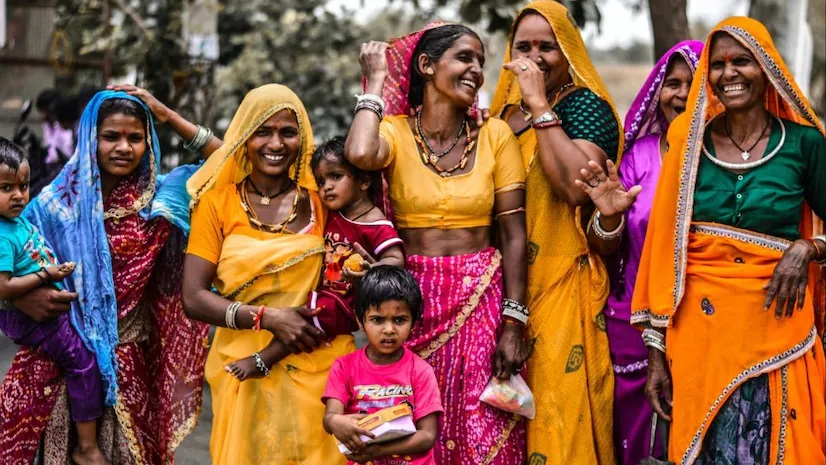Global Happiness Index 2025: Japan and South Korea struggle, India thrives
Only 13 per cent of Japanese are satisfied with their quality of life, and just 15 per cent believe they can improve it. In stark contrast, 74 per cent of Indians report being content with their lives, and 88 per cent say they are “very” or “fairly” happy.
Apr 25, 2025

TOKYO: Only 13 per cent of Japanese are satisfied with their quality of life, and just 15 per cent believe they can improve it. In stark contrast, 74 per cent of Indians report being content with their lives, and 88 per cent say they are “very” or “fairly” happy.
These findings come from the 2025 edition of the Global Happiness Index, published by the French research firm Ipsos. The survey, conducted between December 2024 and January 2025, gathered responses from nearly 24,000 adults under the age of 75 across 30 countries.
The data highlights a growing divide between developing Asian nations and more industrialised countries. Since 2011, South Korea has seen a 21-point drop in happiness, with only 50 per cent of its citizens now reporting they are happy and just 24 per cent saying they enjoy a good quality of life.
In Japan, about 60 per cent say they are “fairly” or “very” happy — down 10 points from 14 years ago. Major sources of dissatisfaction include mental health struggles, economic pressures, and social expectations.
By contrast, Southeast Asian nations show significantly higher happiness levels: 79 per cent of Indonesians report being happy, followed by 78 per cent in Thailand, 76 per cent in Malaysia, and 73 per cent in Singapore.
Optimism about the future also differs greatly across Asia. In India, 79 per cent expect their quality of life to improve. Similar optimism is seen in Indonesia (76 per cent), Thailand (70 per cent), Malaysia (59 per cent), and Singapore (46 per cent). Meanwhile, South Korea and Japan sit at the bottom, with only 38 per cent and 15 per cent, respectively, expressing hope for improvement.
While mental well-being is a growing factor in happiness in the West, in Asia, emotional and relational factors — such as family, love, and a sense of control over life — play a more central role. In India, for instance, strong family ties and feeling loved are key contributors to happiness.
Nevertheless, economic hardship remains the leading cause of unhappiness in all 30 countries. Though wealth alone doesn’t guarantee happiness, lack of financial security clearly fuels dissatisfaction.
Across most surveyed nations, feeling loved, having children, and finding purpose in life are consistent drivers of happiness. The survey also notes that older people tend to be happier than younger generations — a pattern especially pronounced in economically developed nations. --Asia News







Total Comments:0